#Leonard Scheicher
Text


#louis hofmann#leonard scheicher#dead letter band#all the light we cannot see#werner pfennig#jonas kahnwald#dark netflix#german actors
50 notes
·
View notes
Text

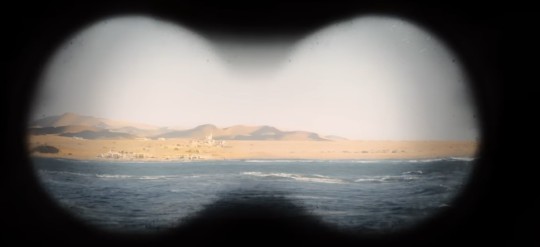
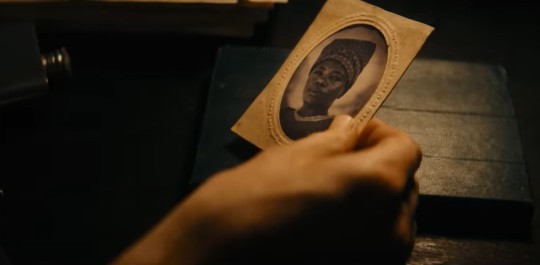

Der vermessene Mensch (2023) - Lars Kraume
Sie werden sehr viele schöne Dinge zurücklassen auf ihrer Flucht.
#der vermessene mensch#measures of men#lars kraume#Girley Charlene Jazama#Leonard Scheicher#film#herero#nama#colonialism#german film#film still#watched on the flight STL FRA#watched in december 2023#german colonialism
5 notes
·
View notes
Text

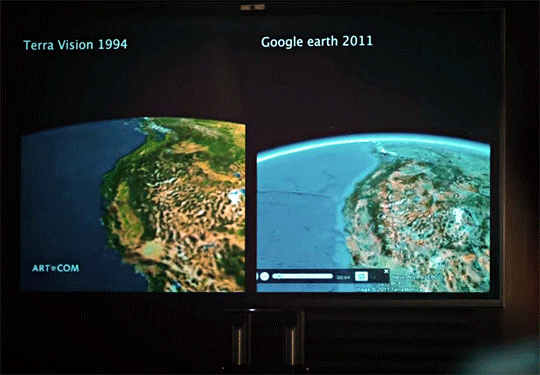
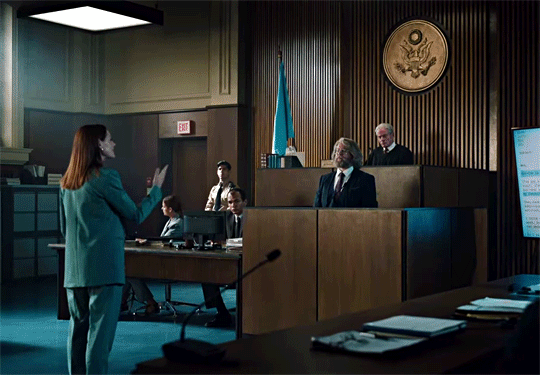

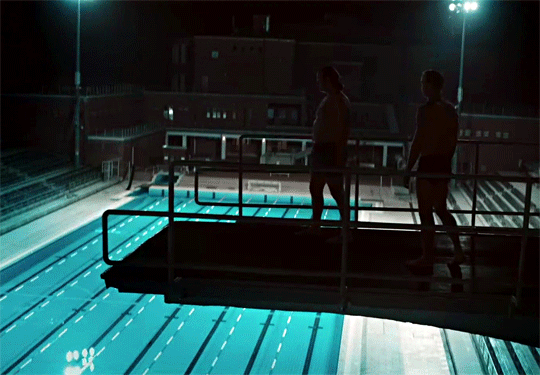



We made one of the most important inventions in the computer age.
And when was this?
1994.
And when did Google present Google Earth?
2005.
THE BILLION DOLLAR CODE (2022)
#the billion dollar code#netflix#netflixedit#mark waschke#leonard scheicher#lavinia wilson#mišel matičević#german tv#my edit
19 notes
·
View notes
Text
A Movie Confronts Germany’s Other Genocide
“Measures of Men” tells the story of the systematic massacre of Herero and Nama people in what is now Namibia. Its maker hopes the film will bring a debate about Germany’s colonial guilt into the center of society.

Leonard Scheicher, left, and Girley Jazama in “Measures of Men,” which tells the story of the Herero and Nama genocide in what now Namibia through the eyes of a German anthropologist.Credit...Julia Terjung/Studiocanal GmbH
By Thomas Rogers
Reporting from Berlin
March 31, 2023
Germany is often praised for its willingness to confront the darkest moments of its history, but in recent years, activists have pointed to a blank spot in the country’s culture of remembrance. Decades before the Holocaust, Germany perpetrated the 20th century’s first genocide: From 1904 to 1908, German colonial officials systematically killed tens of thousands of Herero and Nama people in what is now Namibia. This atrocity is little known outside academic circles, and there are few memorials or pop cultural depictions of those events.
Now, a new movie, “Measures of Men,” aims to change that and bring a debate about Germany’s colonial guilt into the center of society. The glossy film, directed by the German filmmaker Lars Kraume, tells the story of the killings through the eyes of a German anthropologist. Aside from playing in movie theaters, where it opened last week, “Measures of Men” had a special screening for lawmakers in Germany’s Parliament, and was the focal point for a series of events at the Humboldt Forum, a central Berlin museum housing ethnological items. Its distributor, Studiocanal, said in a statement that it was planning to show the film in school and educational contexts.
“Measures of Men” has also prompted a new discussion in the German media about what many see as Germany’s sluggish attempts to come to terms with its colonial past. In recent years, the country has moved to return numerous artworks acquired during the colonial period, but the process of ratifying a reconciliation agreement between Namibia and Germany has stalled, and thousands of African human remains, transported to Germany from its colonies, remain in institutional collections.
In an interview in Berlin, Kraume, 50, explained that his movie was partly inspired by the 1978 NBC mini-series “Holocaust,” an early fictionalized TV depiction of the Shoah, which played a key role in spreading awareness of German guilt after it was broadcast here. “You have the possibility through cinematic storytelling to reach an audience that doesn’t engage so much with history books,” he said, adding that he hoped his film would be the first of many, much in the way “Holocaust” paved the way for films like “Schindler’s List.”

Lars Kraume, who directed “Measures of Men,” said, “You have the possibility through cinematic storytelling to reach an audience that doesn’t engage so much with history books.”Credit...Gordon Welters for The New York Times
“Measures of Men,” which was filmed in Berlin and Namibia, focuses on an ambitious German ethnologist (Leonard Scheicher) who develops a fascination with a Herero woman (Girley Jazama) after measuring her cranial features as part of his research. His fixation leads him to travel to German South West Africa (now Namibia), where he witnesses and eventually become complicit in the colonial slaughter.
“It’s not just a film about the genocide,” Kraume said, “but also about ethnologists who want to explore foreign cultures, but destroy them.”
Many of the scenes were based on real events of the genocide, which took place during a conflict between Germans and Africans known as the Herero and Nama War. After thousands of Herero men, women and children fled into the Omaheke Desert in 1904 to escape the fighting, German troops sealed off its edges and occupied the territory’s water holes, leading many to die of thirst. Lothar von Trotha, the governor of the colony, then issued a proclamation calling for all remaining Herero to be killed.
After the Nama joined the fight against the German colonizers, they were also targeted, and colonial officials set up concentration camps, ostensibly to provide labor for German-owned businesses, in which hundreds of prisoners died. The film depicts real facilities in one such camp in which the decapitated heads of Herero and Nama were boiled and cleaned for export to German ethnological institutions. Thousands of skulls of unclear origin remain in German collections to this day.
Kraume long wrestled with how to tell the story as a European filmmaker, and said he had decided to depict it from a German perspective for fear that centering it on African protagonists would represent a form of “cultural appropriation.” At one point in the development, he hoped to structure it similarly to Hollywood films about the Vietnam War, such as “Platoon” and “Apocalypse Now,” that center their plots on conflicts between “good” and “bad” American soldiers. “But there were actually no good Germans,” Kraume said.

Girley Jazama, who plays the movie’s female lead, discovered that her great-grandmother has been born in a German-run concentration camp while researching to play the role.Credit...Gordon Welters for The New York Times
Jazama, an acclaimed Namibian actress who plays Kezia Kambazembi, the film’s lead female role, learned German to play her part. In preparation for the role, she spoke to relatives about her family’s connection to the genocide and discovered that her great-grandmother had been conceived in a German-run concentration camp. “My ancestors need to be at peace,” she said in an interview. “That’s why I became a part of this story.”
Jazama said that, though the film had largely been made to spur discussion in Germany, it had also been a talking point in Namibia, where the events of the genocide had often been passed down via family members. “A lot of people are grateful,” she said, recalling that one audience member had shared appreciation that “now there is a visual representation of what happened, versus just it being told orally.”
The reaction in Germany has been more mixed. Writing in the Frankfurter Allgemeine Zeitung newspaper, the critic Bert Rebhandl wrote that the film focused too much on “German self-understanding” while pushing African perspectives to its edges. A writer in the Süddeutsche Zeitung argued that the film depicts too little of the genocide to transmit the scope of the killing and it does not do “justice to the horror.”
Henning Melber, a political scientist who has written extensively about German colonialism, said that criticism of the film shouldn’t distract from its potential role in remedying what he described as Germany’s “colonial amnesia.” He said that the film “triggers a debate in a wider German public in a way that none of us academics can achieve.”
Kraume emphasized that, although “Measures of Men” was meant to appeal to a mass audience, it was an explicitly “political film,” and that its rollout was partly engineered to spur a discussion. He hoped the screening for lawmakers would drive politicians to work harder at compensating the Herero and Nama, he added.
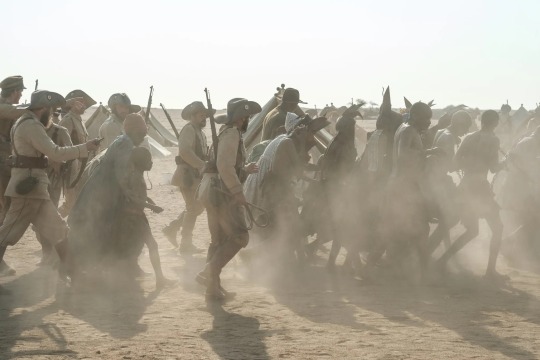
A scene from “Measures of Men.” In 1904, thousands of Herero people fled from German soldiers into the Omaheke Desert, where many died of thirst.Credit...Willem Vrey/Studiocanal GmbH
Although Namibian and German authorities agreed in 2021 on the terms of a reconciliation agreement, including around $1.1 billion in aid that Germany would pay over the next 30 years, the process has since come under fire from groups representing victims’ descendants, who argue that amount is too low, and say they were unfairly left out of the negotiation process. The Namibian government has since backtracked on plans to ratify the agreement, and the German authorities have resisted calls by the Namibians to reopen talks.
Kraume said Germany’s president, Frank-Walter Steinmeier, should travel to Namibia and officially apologize for the genocide, and that all human remains still held in Germany should be returned. “Europe has done far too little to reconcile with victims,” he said. “I think cinema allows us to awaken emotions, and implant images that can let you see events differently,” he said. “But this is only the beginning of the discussion.”
16 notes
·
View notes
Photo
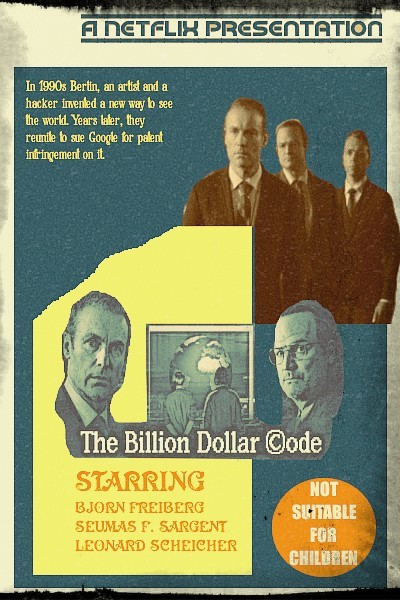
#the billion dollar code#tv shows#netflix#bjorn freiberg#seumas f. sargent#leonard scheicher#illustration#vintage art#alternative movie posters
2 notes
·
View notes
Text
If you loved Dead Poets Society, I recommend a German film called “Das Schweigende Klassenzimmer” (2018) dir. Lars Kraume. The settings are very much alike, both stories playing out in a secondary school in the 50’s, the only difference being that this one is in Germany (which, to be fair, does have a major influence on the plot, making it a unique story rather than a dps ripoff). The themes, motifs and aesthetics are quite similar, and even the characters are easily comparable. Loved the score as well - simple yet intriguing - and overall it’s just a good historic drama.
#I’m also just in love with Leonard Scheicher as Theo Lemke#the sweetest guy#anyway#been sitting on this one for a while#as in#a few years💀#finally decided to share#draft#das schweigende klassenzimmer#dead poets society#dps#film#movie#movie recommendation#dark academia#light academia#Germany#Lars Kraume#historic drama
17 notes
·
View notes
Text
Any film students out there who'll hear my pitch for a low budget August von Platen biopic
#though we NEED to get leonard scheicher to play platen. but everything else will be low budget i promise#sepia filter to indicate it's 19th century historically inaccurate costumes etc etc#august von platen#⚓
0 notes
Text
youtube
Der vermessene Mensch (dir. Lars Kraume, premiered February 2023 at the Berlin International Film Festival), starring Leonard Scheicher as an ethnologist, tells the story of the Herero and Namaqua genocide which was perpetrated in German South-West Africa (present-day Namibia) between 1904 and 1908
I believe this flim has been released in cinemas in Germany ? I'd be curious for reviews if any of you have seen it ?? from the trailer alone it seems to follow the perspective of a 'sympathetic colonist', rather than the Herero, but I don't want to judge or criticise since I've not seen the actual film. and it's still important that these stories are told at all
2 notes
·
View notes
Text
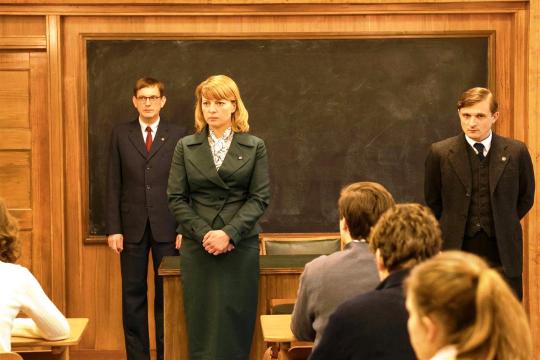
#ProyeccionDeVida
🌎 Cine Club del Banco de la Nación, presenta:
🎬 “LA REVOLUCIÓN SILENCIOSA” [Das schweigende Klassenzimmer / The Silent Revolution]
🔎 Género: Drama / Años 50 / Colegios & Universidad / Adolescencia
⌛️ Duración: 111 minutos
✍️ Guión: Lars Kraume
📕 Libro: Dietrich Garstka
🎵 Música: Christoph Kaiser y Julian Maas
📷 Fotografía: Jens Harant
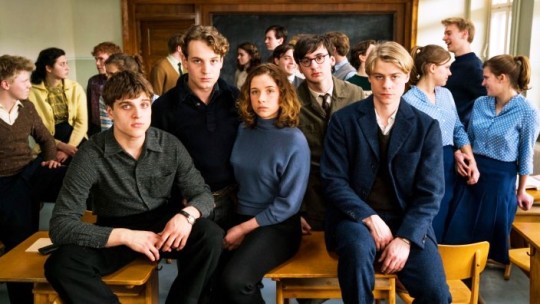
🗯 Argumento: Berlín, 1956. Faltan cinco años para la construcción del muro. Un grupo de estudiantes alemanes decide mostrar su solidaridad con las víctimas de la Revolución Húngara de 1956 con un minuto de silencio durante las clases.
👥 Reparto: Leonard Scheicher (Theo Lemke), Tom Gramenz (Kurt Wächter), Anna Lena Klenke (Lena), Isaiah Michalski (Paul), Jonas Dassler (Erik Babinsky), Ronald Zehrfeld (Hermann Lemke), Judith Engel (Anna Wächter), Roy Luchterhand, Florian Lukas (Direktor Schwarz), Jördis Triebel (Kreisschulrätin Kessler) y Carina Wiese (Irmgard Lemke).
📢 Dirección: Lars Kraume
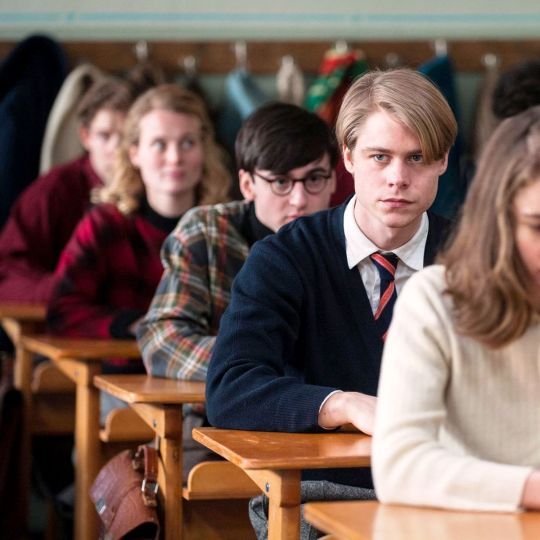
© Productoras: Akzente Film- und Fernsehproduktion, Studiocanal, Zero One Film & ZDF
🌎 País: Alemania
📅 Año: 2018
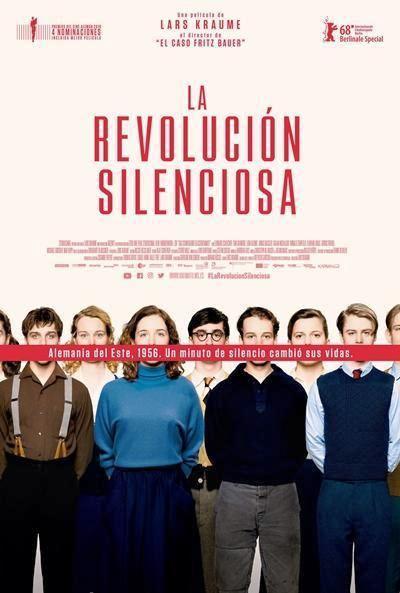
📽 Proyección:
📆 Viernes 12 de Abril
🕡 6:30pm.
🎥 Auditorio Artes de la Nación (av. Javier Prado Este 2499, 5º piso - San Borja)
🚶♀️🚶♂️ Ingreso libre, previa reserva: https://info.bn.com.pe/CineClubBN_Viernes
1 note
·
View note
Text

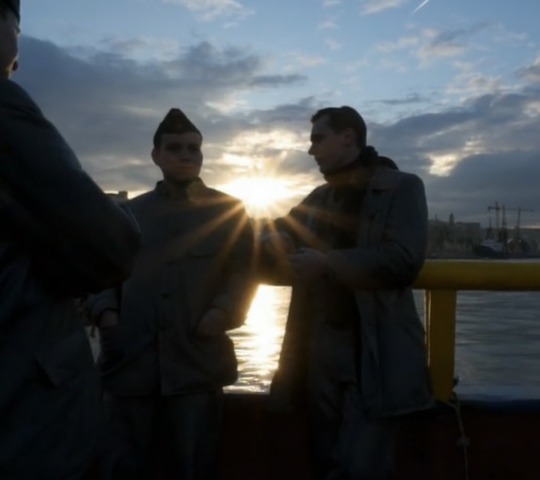
Just Hoffmann and Strasser having a little talk about their boyfriends. Frank looks very focused, and Klaus seems very invested in what he has to say.
36 notes
·
View notes
Text

Louis Hofmann with Leonard Scheicher & Leon Blaschke
#louis hofmann#leonard scheicher#all the light we cannot see#werner pfennig#jonas kahnwald#dark netflix#german actors
28 notes
·
View notes
Photo
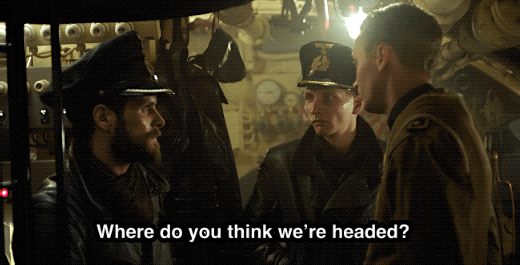
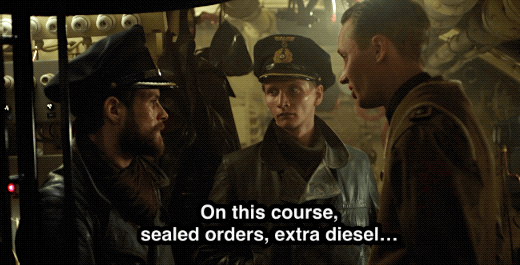
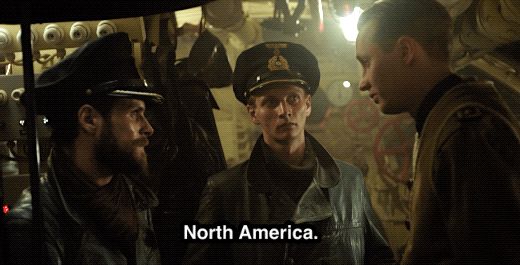
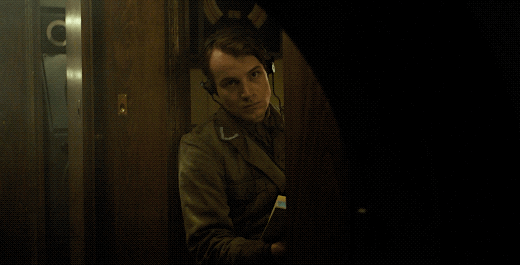
1WO, 2WO & Obersteuermann of Das Boot (2020)
#das boot#das boot 2020#s2e2#philip birnstiel#joseph bundschuh#julius feldmeier#leonard scheicher#benno schiller#julius fischer#eugen strelitz#frank strasser#1wo#2wo#obersteuermann#oberfunkmaat#wwii#german television#a nice thing in s2 is to see strelitz having conversation with his comrades#this trio felt almost like pals#own gif#own post
32 notes
·
View notes
Photo
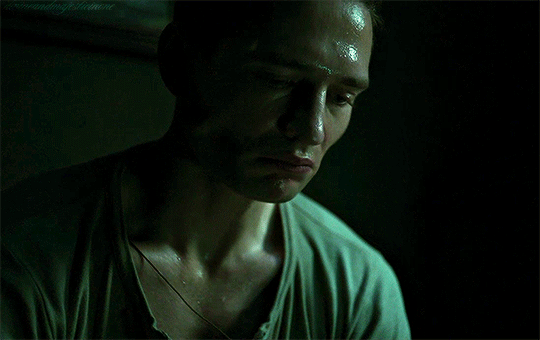


DAS BOOT (2018-) | 1x01 Neue Wege
#yes i watch for the plot *wink*#the series is so good tho#and the actors are amazing#das boot#tv: das boot#das boot 2020#das boot season 1#das boot 2018#rick okon#klaus hoffmann#frank strasser#leonard scheicher#august wittgenstein#karl tennstedt#also i know that this gifset might flop but idc#ww ii#world war 2#period drama#war drama#1940s#decade: 1940s#mywork
173 notes
·
View notes
Text

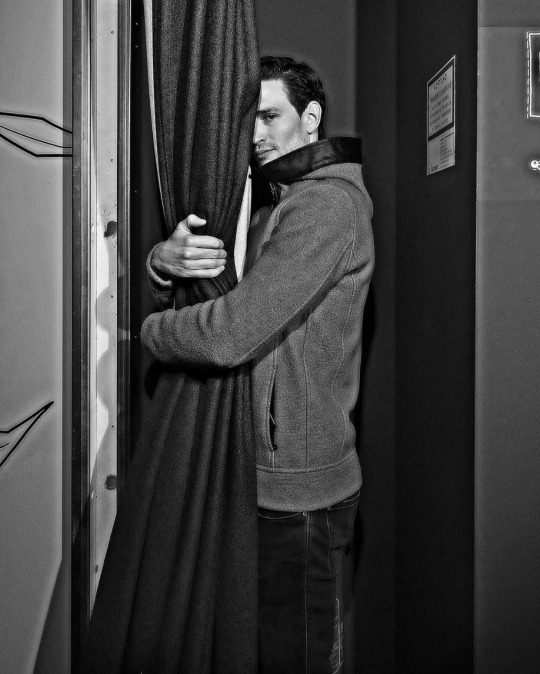

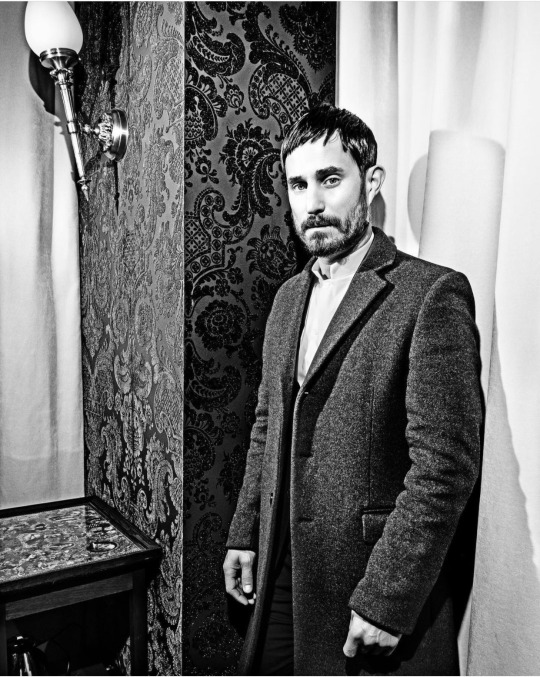
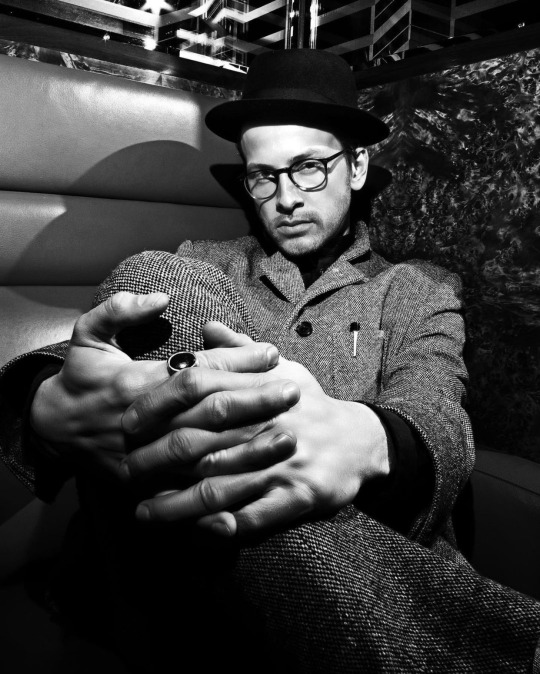
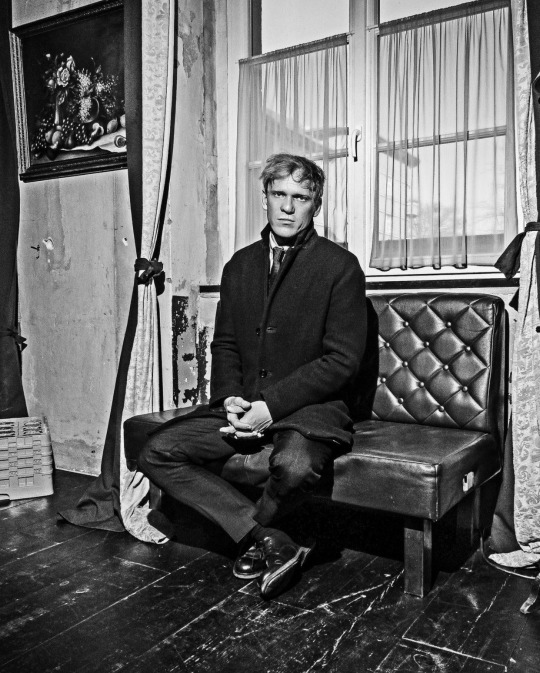

Das Boot S2 Cast
From WHOZWHO Magazine @whozwho
#das boot#Rick okon#tom wlaschiha#clemens shick#franz dinda#august wittgenstein#leonard scheicher#pit bukowski#Das boot S2#Das boot 2020
115 notes
·
View notes
Text
SKY Release Trailer For Das Boat Season 3
SKY Release Trailer For Das Boat Season 3
@SkyUK #DasBoat #RayStevenson #TomWlaschiha
Sky have released the first look Trailer to the award winning Sky Original Das Boat Season 3.
Tom Wlaschiha (Game of Thrones), Franz Dinda (The Cloud), Rick Okon (Tatort), Pierre Kiwitt (Lobos sucios), Leonard Scheicher (Finsterworld) and Robert Stadlober (Summer Storm) are returning for the new season.
The crew of the U-boat struggle in a tense battle in the Atlantic with the Royal Navy on their…
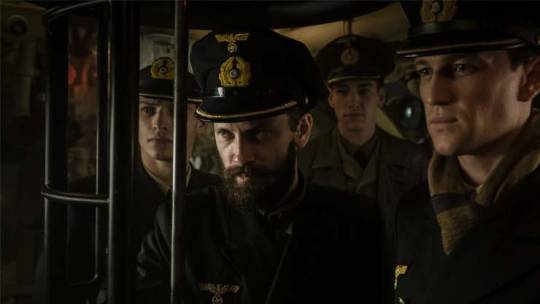
View On WordPress
2 notes
·
View notes
Text
'Das Boot: The Series' – submarines, spies, and WWII on Hulu
‘Das Boot: The Series’ – submarines, spies, and WWII on Hulu
Das Boot: Season 1 (Germany/England, 2018) shares the same title as Wolfgang Petersen’s 1981 film and is technically a sequel but familiarity with the feature is unnecessary to start the series. Also based on the novel “Das Boot” by Lothar-Gunther Buchheim as well the sequel “Die Festung,” the 2019 series is set in late 1942, nine months after the film’s finale, with a new crew, a new mission,…
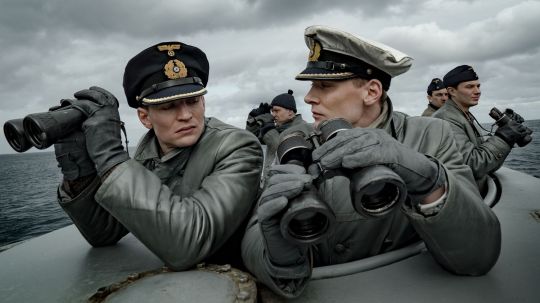
View On WordPress
#2019#August Wittgenstein#Das Boot#DVD#Germany#Hulu#James D&039;Arcy#Leonard Scheicher#Lizzy Caplan#Rick Okon#Tom Wlaschiha#Vicky Krieps#Vincent Kartheiser
3 notes
·
View notes